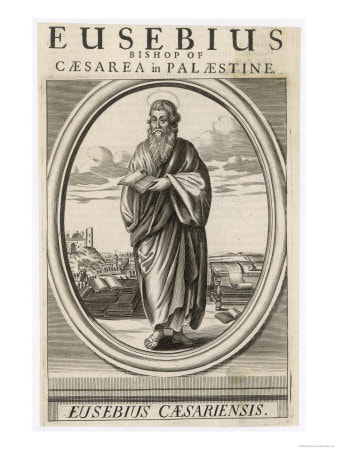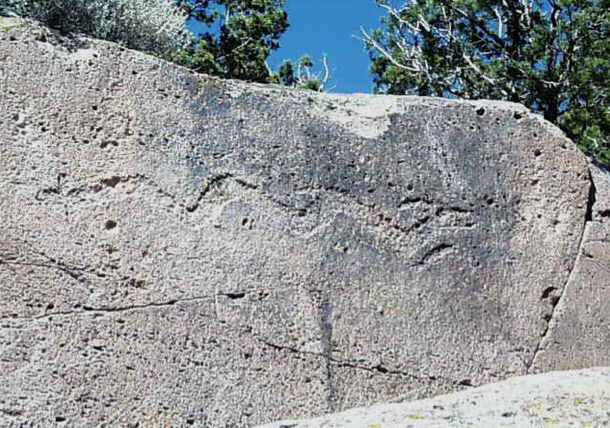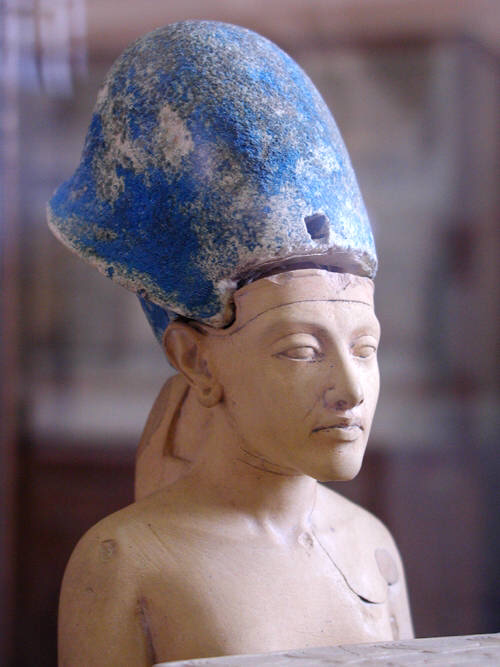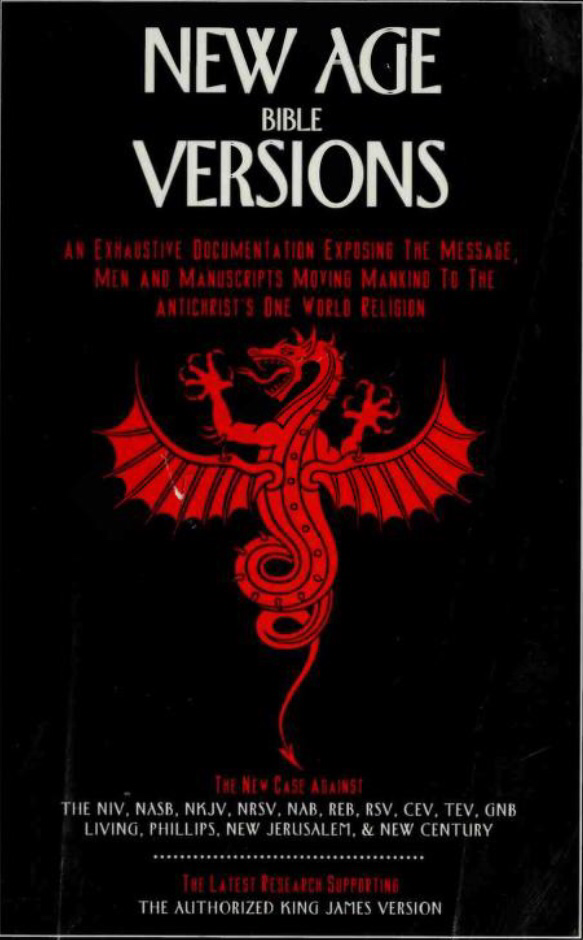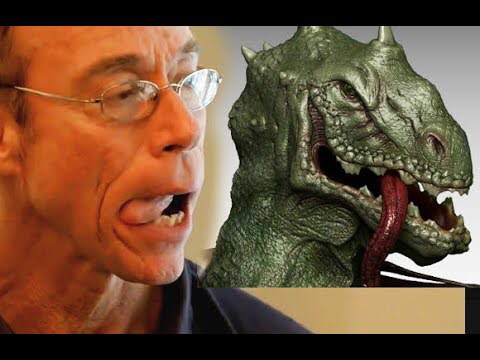HE FIFTH BOOK OF (EUSEBIUS) OF CAESAREA -THEOPHONIA
Eusebius of Caesarea: Praeparatio Evangelica (Preparation for the Gospel). Tr. E.H. Gifford (1903) -- Book
Chapter 4 But when they did nothing of this kind, but tried to make supplication to the evil daemons by a foul and licentious life and unseemly words, and by feeding on raw flesh, and rending victims asunder, and by human sacrifices, how was it even possible that doing such deeds, and pursuing practices pleasing to the wicked, they should be received as friends by the Supreme God, or by the divine Powers subject to Him, or by any good beings at all?
But in fact it is. manifest to all that he who practises the things that are dear to the wicked can never be a friend of the good. So then it was not to gods, nor yet to good daemons, but only to the wicked, that those of whom I have spoken paid worship.
And this argument is still further confirmed by Plutarch, in the passage where he says that the mythical narratives told as concerning gods are certain tales about daemons, and the deeds of Giants and Titans celebrated in song among the Greeks are also stories about daemons, intended to suggest a new phase of thought.
Of this kind then perhaps were the statements in the Sacred Scripture concerning the giants before the Mood, and those concerning their progenitors, of whom it is said, 'And when the angels of God saw the daughters of men that they were fair, they took unto them wives of all that they chose,' and of these were born
'the giants the men of renown which were of old.'
For one might say that these daemons are those giants, and that their spirits have been deified by the subsequent generations of men, and that their battles, and their quarrels among themselves, and their wars are the subjects of these legends that are told as of gods. Plutarch indeed, in the discourse which he composed On Isis and the gods of the Egyptians, speaks as follows word for word:
But in fact it is. manifest to all that he who practises the things that are dear to the wicked can never be a friend of the good. So then it was not to gods, nor yet to good daemons, but only to the wicked, that those of whom I have spoken paid worship.
And this argument is still further confirmed by Plutarch, in the passage where he says that the mythical narratives told as concerning gods are certain tales about daemons, and the deeds of Giants and Titans celebrated in song among the Greeks are also stories about daemons, intended to suggest a new phase of thought.
Of this kind then perhaps were the statements in the Sacred Scripture concerning the giants before the Mood, and those concerning their progenitors, of whom it is said, 'And when the angels of God saw the daughters of men that they were fair, they took unto them wives of all that they chose,' and of these were born
'the giants the men of renown which were of old.'
For one might say that these daemons are those giants, and that their spirits have been deified by the subsequent generations of men, and that their battles, and their quarrels among themselves, and their wars are the subjects of these legends that are told as of gods. Plutarch indeed, in the discourse which he composed On Isis and the gods of the Egyptians, speaks as follows word for word:
